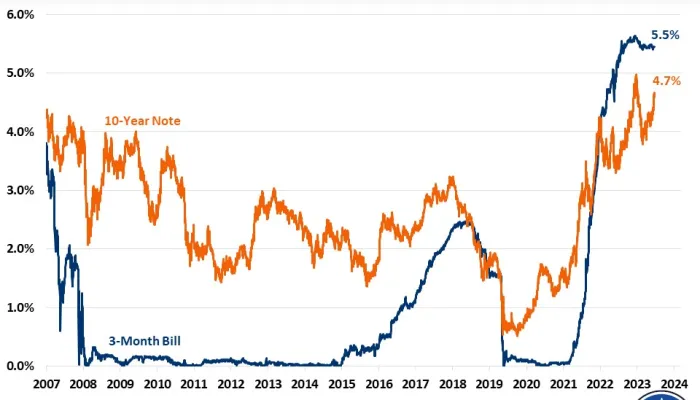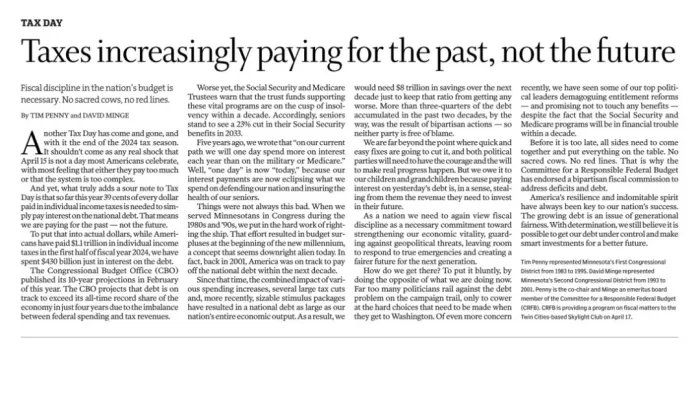CBO Estimates "Chips-Plus" Bill Would Cost $79 billion
The Congressional Budget Office (CBO) has released a cost estimate for H.R. 4346, a “chips-plus” economic competitiveness bill. CBO estimates the legislation would increase budget deficits by $48 billion over five years and by $79 billion through 2031. The costs of the legislation are heavily front loaded, with over half of the projected deficit increase occurring in the first five years.
The legislation would appropriate $52.7 billion for a Creating Helpful Incentives to Produce Semiconductors (CHIPS) for America Fund to incentivize the expansion of the semiconductor industry in the United States, which CBO estimates would cost $50.5 billion through 2031. It also authorizes funding for wireless supply chain innovation at a cost of $1.4 billion.
In addition, the bill would authorize nearly $6 billion for research and innovation, most of which comes from additional funding for the Department of Energy's (DOE) Laboratories Infrastructure Program and to restore and modernize DOE's 17 national laboratories. CBO estimates $3.1 billion of this funding would be spent through 2031.
| Provision | 2022-2026 Cost | 2022-2031 Cost |
|---|---|---|
| Create CHIPS for America Fund | $24.5 billion | $50.5 billion |
| Funding for wireless supply chain innovation | $0.7 billion | $1.4 billion |
| Funding for research and innovation | $0.2 billion | $3.1 billion |
| Advanced Manufacturing Investment Tax Credit | $22.1 billion | $24.3 billion |
| Total | <$47.5 billion | $79.3 billion |
Source: Congressional Budget Office.
On the revenue side, the legislation would create a temporary 25 percent Advanced Manufacturing Investment Tax Credit for semiconductor manufacturing investments that expires after 2026, which could be used by manufacturers of semiconductors themselves or by the makers of the specialized equipment used in semiconductor manufacturing. Since this provision would expire halfway through the projection window, its costs are heavily front loaded. CBO estimates the tax credit would decrease tax revenue by $22.1 billion through 2026. After that, tax revenue would decline by another $2.2 billion through 2031, for a total cost of $24.3 billion. It would likely cost more than twice as much if it were permanent.
Though the objectives of the bipartisan economic competitiveness bill are admirable, CBO's estimate shows the legislation is not paid for. At a time when the national debt is on track to reach a new record within a decade and inflation is at a 40-year high, policymakers should find offsets to pay for their priorities.


